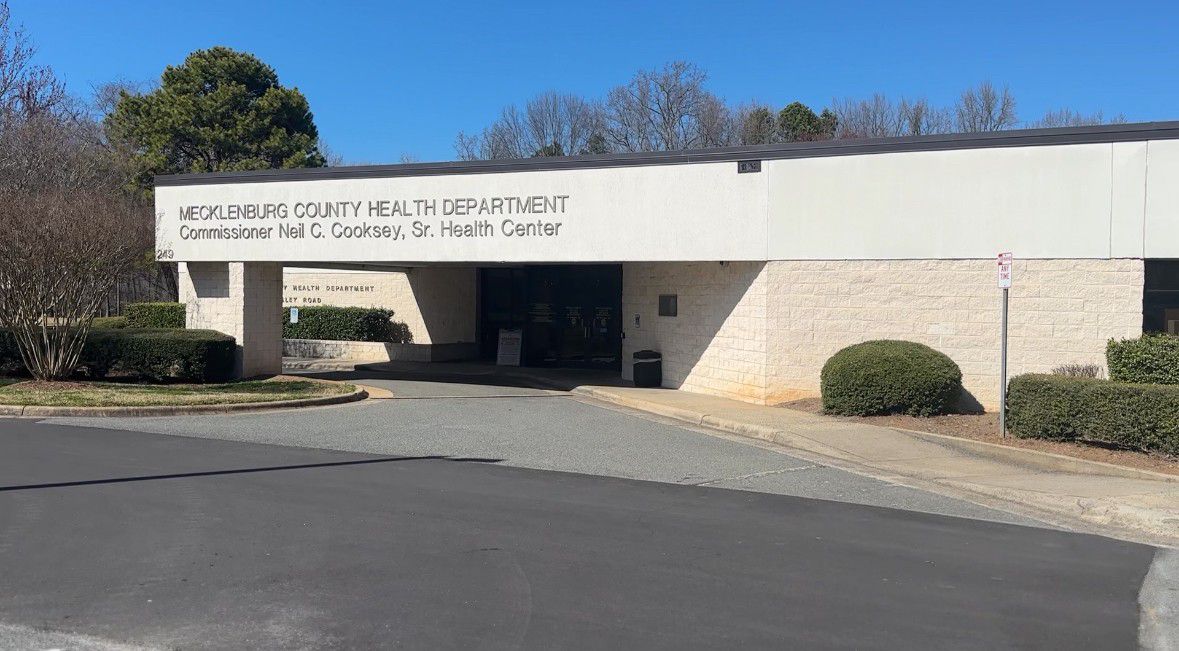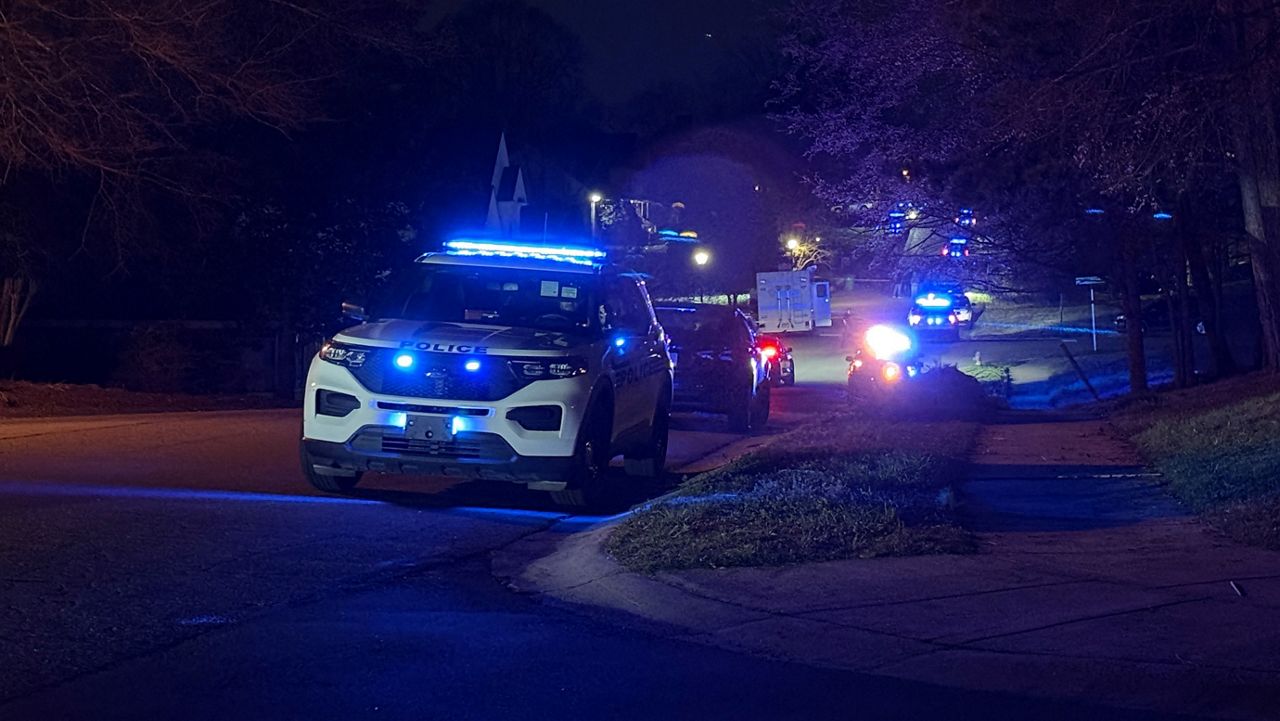CHARLOTTE, N.C. — Breyanna Barton is grateful for her daughter Journi Heggins, and the family is sharing their story during Congenital Heart Defects Awareness Week in hopes of saving lives.
Journi Heggins was born with a congenital heart defect
Congenital heart defects can be fatal if not detected early
Congenital Heart Defects Awareness Week runs Feb. 7-14
The 3-year-old Journi had a congenital heart defect as a newborn called total anomalous pulmonary venous return (TAPVR). The condition prevented her body from getting enough oxygen.
According to the CDC, TAPVR is considered a critical CHD, meaning babies with this condition need to be operated on or have treatment before age 1.
Barton found out about the diagnosis three weeks after Heggins was born during a routine checkup appointment.
“If I didn’t take Journi to the doctor’s appointment that day, there’s a possibility she wouldn’t be here,” Barton said.
Doctors noticed Heggins’ nostrils were flaring and realized her oxygen levels were low, which required them to rush her to the ER.
“It’s very frightening and overwhelming. I honestly felt I was dreaming or in a movie," Barton said.
Heggins had two open-heart surgeries as a newborn.
“For her to be alive, thriving, healthy was beautiful, and I’m just thankful,” Barton said. “Her nickname is blessing for everything we’ve been through. I cherish all the moments with my baby.”“For her to be alive, thriving, healthy was beautiful, and I’m just thankful,” Barton said. “Her nickname is blessing for everything we’ve been through. I cherish all the moments with my baby.”
Heggins has a scar from the surgeries, which her mom tells her to embrace because it shows her strength. Other than annual visits to the cardiologist, Heggins doesn’t have any other limitations from her CHD.
Barton raises awareness about CHDs with her business, Journi Ahead. In 2020, it became her full-time job to sell skin care products and items for heart warriors and their families, including masks and shirts.
Barton donates part of her proceeds to nonprofit organizations. Last year, she supported the American Heart Association.
According to the CDC, signs of CHDs in babies include blue tinted nails or lips, fast or troubled breathing, tiredness when feeding and sleepiness.
The agency also states survival from CHDs depends on severity, time of diagnosis and treatment received.
Novant Health Pediatric Cardiologist Dr. Matthew Brothers said with awareness, technology and new protocols nowadays most CHDs are detected in the womb and after birth.
He said there are more adults living with CHDs in the U.S. than children. He added some people with severe CHDs are monitored for their condition for their entire life.
"Most patients don't have any symptoms at all, which gets to be an issue as they enter adulthood because young adults, as we know, always feel fine until they don't. And so trying to emphasize to them that yes, you may feel OK. Yes. You don't have any symptoms but still important to get routine care,” Brothers said.
CHD Awareness week this year ran from Feb. 7 through Feb. 14.










